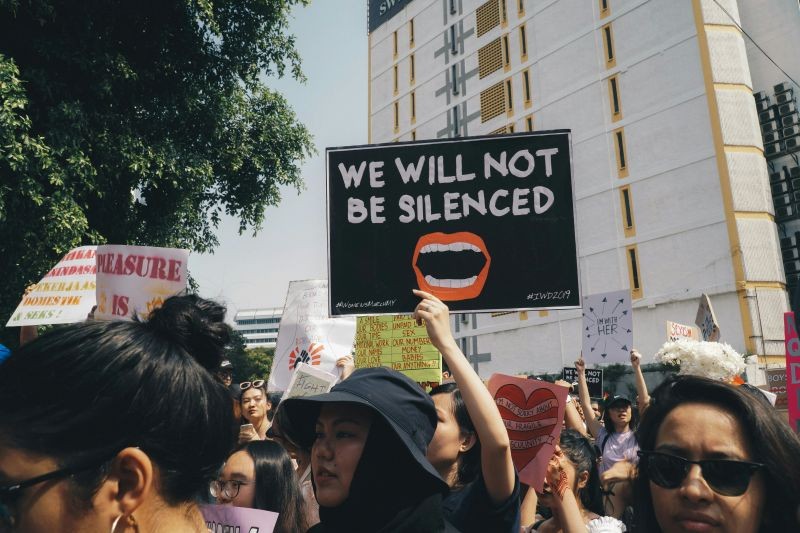 Intimate Partner Violence
Intimate Partner Violence
Study reveals one in three Australian men committed intimate partner violence
A new study showed more than 1 in 3 Australian men (35%) aged 18-65 years have used intimate partner violence in their lifetime.
The data from Ten to Men – the Australian Institute of Family Studies’ (AIFS) longitudinal study of boys and men – is the first national estimate of male intimate partner violence perpetration in Australia.
When first surveyed in 2013-14 around 1 in 4 men reported ever having used intimate partner violence, with this number increasing to 1 in 3, from the same cohort of men, by 2022.
The cumulative nature of this data, over a lifetime, provides critical insight into the number of men who start using intimate partner violence for the first time.
Emotional-Type Abuse
Emotional-type abuse was the most common form of intimate partner violence, with 32% of men in 2022 reporting they ever made an intimate partner feel ‘frightened or anxious’ with 9% ever ‘hitting, slapping, kicking or otherwise physically hurting’ an intimate partner when they were angry.
The study found high levels of social support and high levels of paternal affection both reduced the likelihood of men using intimate partner violence.
Men who reported high levels of social support ‘all of the time’ were 26% less likely to report using intimate partner violence.
Men who felt strongly that they had a quality relationship with a father or father figure during childhood, marked with affection, were 48% less likely to report ever having used intimate partner violence.
Men with moderate or severe depressive symptoms were 62% more likely to use intimate partner violence by 2022, compared to men without these symptoms.
Intimate partner violence is a critical health issue in Australia and has recently been described as a national crisis by advocates, politicians and support services. The ABS estimates that 1 in 4 women and 1 in 14 men are victim-survivors of intimate partner violence (2023).
This research indicates that programs that support men to develop good quality relationships with their children and partners based on mutual respect and affection – as well as initiatives that encourage men to develop strong social connections and seek support – could contribute to a reduction in use of intimate partner violence.
Ten To Men
Ten To Men is the largest longitudinal study on male health in the world, and the only longitudinal study on Australian men with data on intimate partner violence.
Funded by the Department of Health, Disability and Ageing, the study has been tracking more than 16,000 boys and men since 2013 (with an additional 10,000 men added in 2024-25), asking them about significant issues such as gambling, drinking, drug use, family violence, social connection and mental health.
Australian Institute of Family Studies Director Liz Neville said: "This unique data set, following men over a ten-year period, confirms the extent of the problem."
"With an estimated 120,000 men starting to use intimate partner violence each year across Australia, we can see more clearly how delays in effective interventions can have devastating consequences," Liz Neville said.
"Each act of violence harms individuals, families and communities. We hope these disturbing numbers provide the impetus for further action by governments at all levels, underpinned by evidence," Neville said.
Ten to Men Program Lead, Australian Institute of Family Studies, Sean Martin said: "This longitudinal data provides, for the first time, a set of risk factors to help support the development of effective policies and programs for young men. Because intimate partner violence is such a significant and widespread issue – used by people of all ages and backgrounds – understanding the risk factors to these behaviours is critical."
Support Our Journalism
We cannot do without you.. your contribution supports unbiased journalism
IBNS is not driven by any ism- not wokeism, not racism, not skewed secularism, not hyper right-wing or left liberal ideals, nor by any hardline religious beliefs or hyper nationalism. We want to serve you good old objective news, as they are. We do not judge or preach. We let people decide for themselves. We only try to present factual and well-sourced news.







